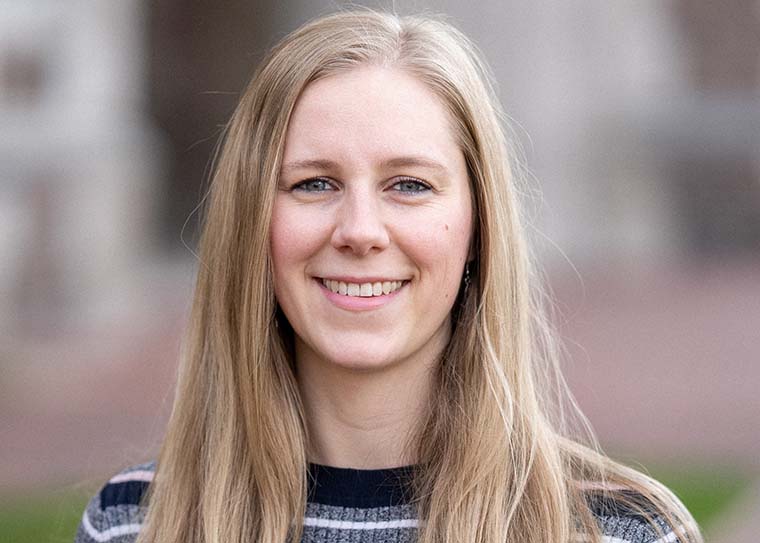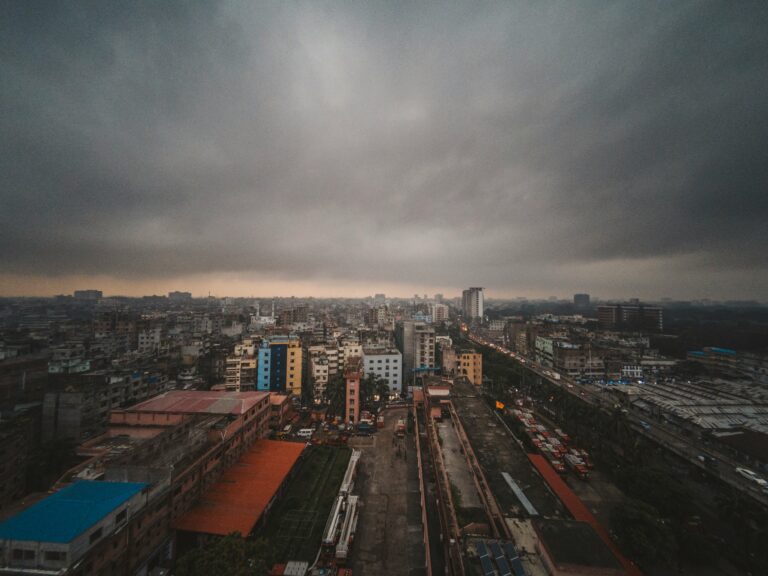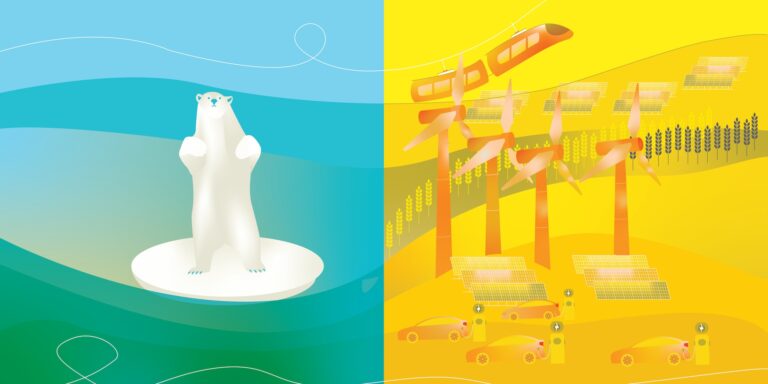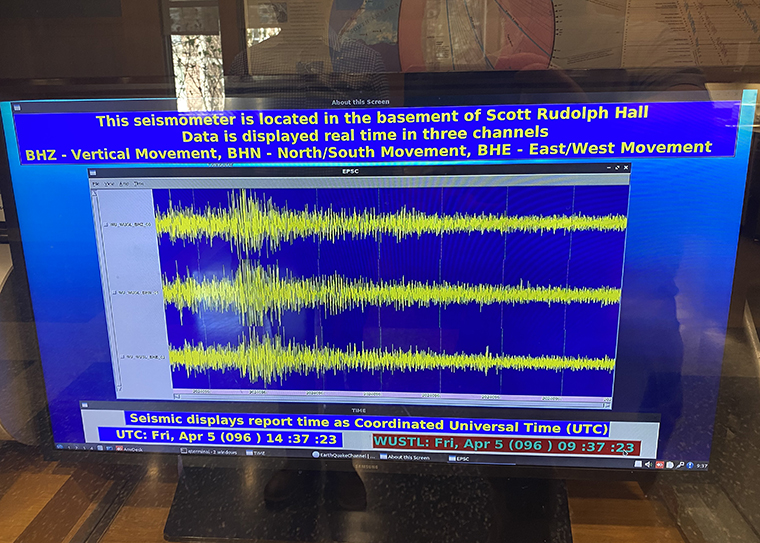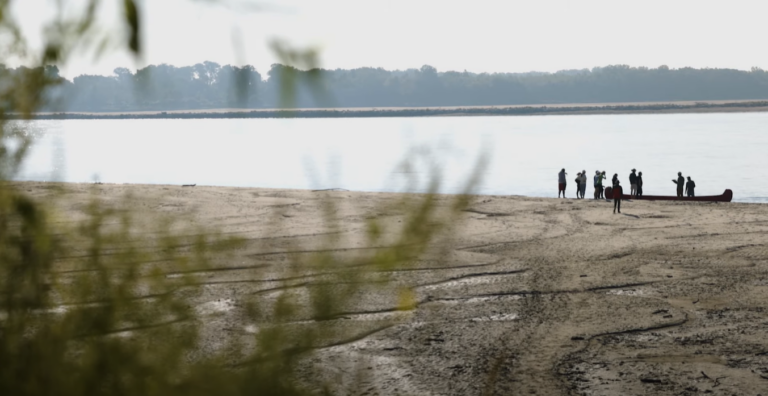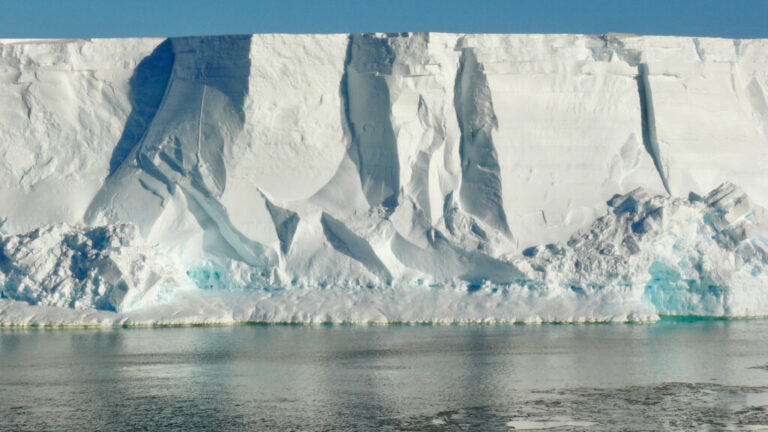Class Acts: Guinter Dame Vogg
McKelvey Engineering student says bold climate solutions demand engineering innovation, geopolitical acumen
Class of 2024: Committed to climate solutions
The climate crisis demands immediate action; the rapidly expanding climate sector demands highly educated leaders; and students demand an education that prepares them to tackle what they say is a top priority.
Astronomers share climate-friendly meeting solutions
Andrea Gokus, a McDonnell Center postdoctoral fellow in the Department of Physics in Arts & Sciences at WashU, is advocating for a reduction of emissions associated with air travel to professional conferences.
Global study reveals health impacts of airborne trace elements
Researchers led by Randall Martin investigate global particulate matter, revealing health risks from trace elements.
Evidence isn’t enough
Undergraduates are learning how science communication and moral worldviews intersect.
WashU Expert: Tremor a reminder that East Coast, Midwest earthquake threat is real
A magnitude-4.8 earthquake beneath New Jersey shook the northeastern United States at 10:23 a.m. Eastern April 5. The seismograph at WashU’s Rudolph Hall recorded this event. Douglas A. Wiens, professor of Earth, Environmental, and Planetary Sciences, shares.
Arpita Bose named Fulbright Scholar
The associate professor of biology will travel to Belgium to continue her work on the green potential of purple bacteria.
Masteller wins NSF CAREER award
Claire Masteller, assistant professor of Earth, Environmental, and Planetary Sciences, has won a prestigious National Science Foundation award for a study that will look at the erosive power of ocean waves on rocky coastlines.
The hidden river: Hoeferlin on watersheds, climate change and how the river shapes St. Louis
In this video, Derek Hoeferlin describes how a highly managed system of locks and dams has transformed the river over the last century — and how that transformation affects local perceptions as well as potential responses to climate change.
Largest ice shelf in Antarctica lurches forward once or twice each day
WashU seismologist Doug Wiens discovered that unexpected movements of the Ross Ice Shelf are triggered by the sudden slipping of parts of the Whillans Ice Stream.


